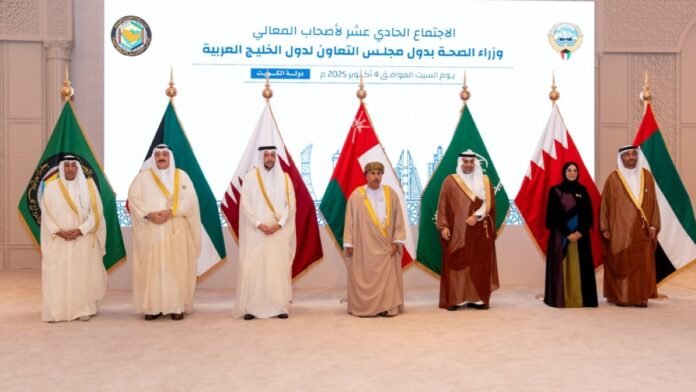Health ministers from the Gulf Cooperation Council have reached a major decision by adopting a four-year GCC Public Health Plan. The announcement came during a high-level meeting in Kuwait, marking a new phase for regional healthcare. Kuwait’s Health Minister, Dr. Ahmad Al-Awadhi, proudly shared the strategy and chaired the 88th GCC Health Ministers Council meeting. He emphasized the plan’s importance for collective regional progress.
The new GCC Public Health Plan will guide the region from 2026 to 2030. Al-Awadhi described it as a crucial roadmap that reflects a shared Gulf vision for wellness. The plan shifts focus toward preventative care and health promotion for all citizens. It also aims to strengthen readiness for future health risks. This forward-looking approach will modernize healthcare systems across the region.
The council also reviewed several successful joint projects. The Unified Procurement Program ensures consistent medicine supply, while the Drug Registration Project guarantees safe medical products. These initiatives help reduce government spending and improve efficiency. The ministers further discussed the Wafed program, which screens expatriates for infectious diseases, protecting public health across member states.
Adopting the GCC Public Health Plan reflects the Gulf’s growing ambition for stronger regional cooperation. Al-Awadhi highlighted two main pillars for future development — digital transformation and health innovation. He also mentioned the GCC Strategy to Combat Drugs, which represents a united effort to tackle cross-border challenges and protect regional youth.
Following the meeting, the ministers approved several key resolutions. They endorsed outcomes from the anti-drug strategy and adopted a unified work plan for the coming years. They also reinforced the Joint Committee for Healthy Cities and launched the new GCC Health Excellence Award to promote quality and innovation. Additionally, they agreed to expand cooperation with international organizations and develop programs for people with disabilities.
This collective effort marks a significant step toward building advanced, integrated health systems across the Gulf. With innovation and prevention at its core, the new public health plan paves the way for a healthier and more secure future for all Gulf citizens.


